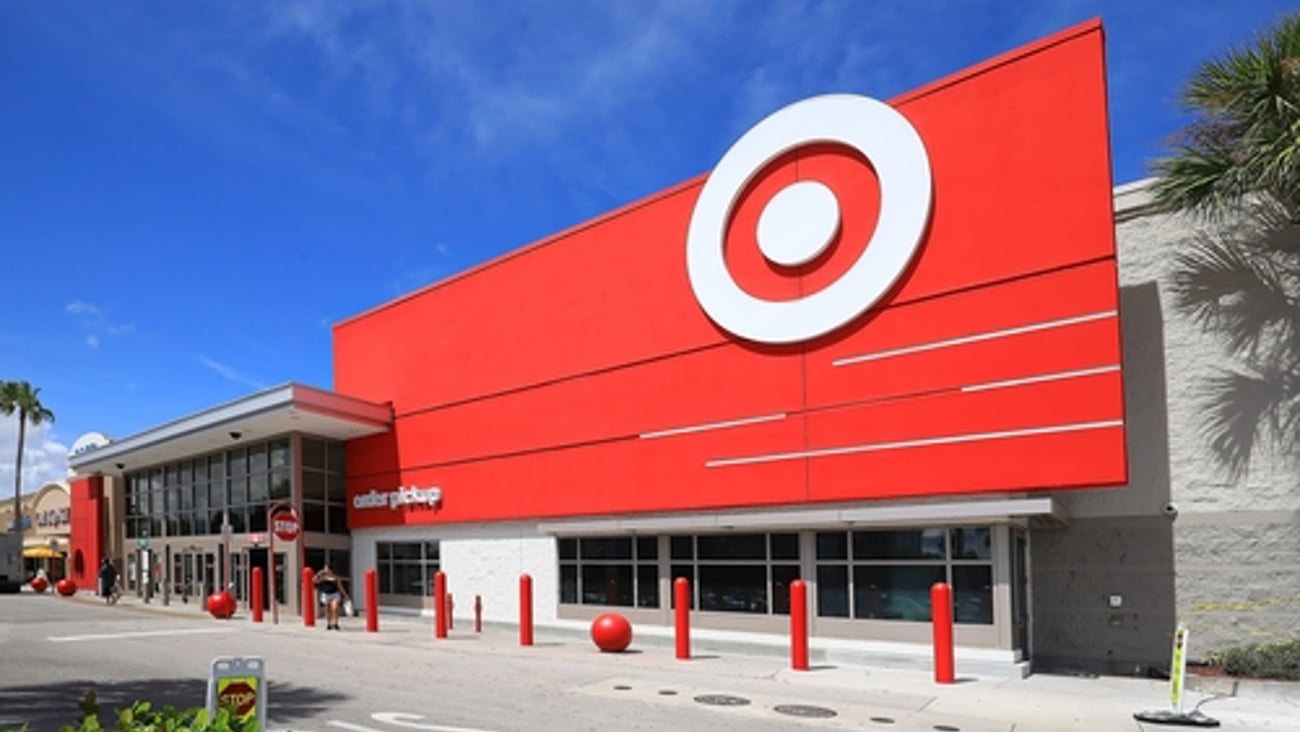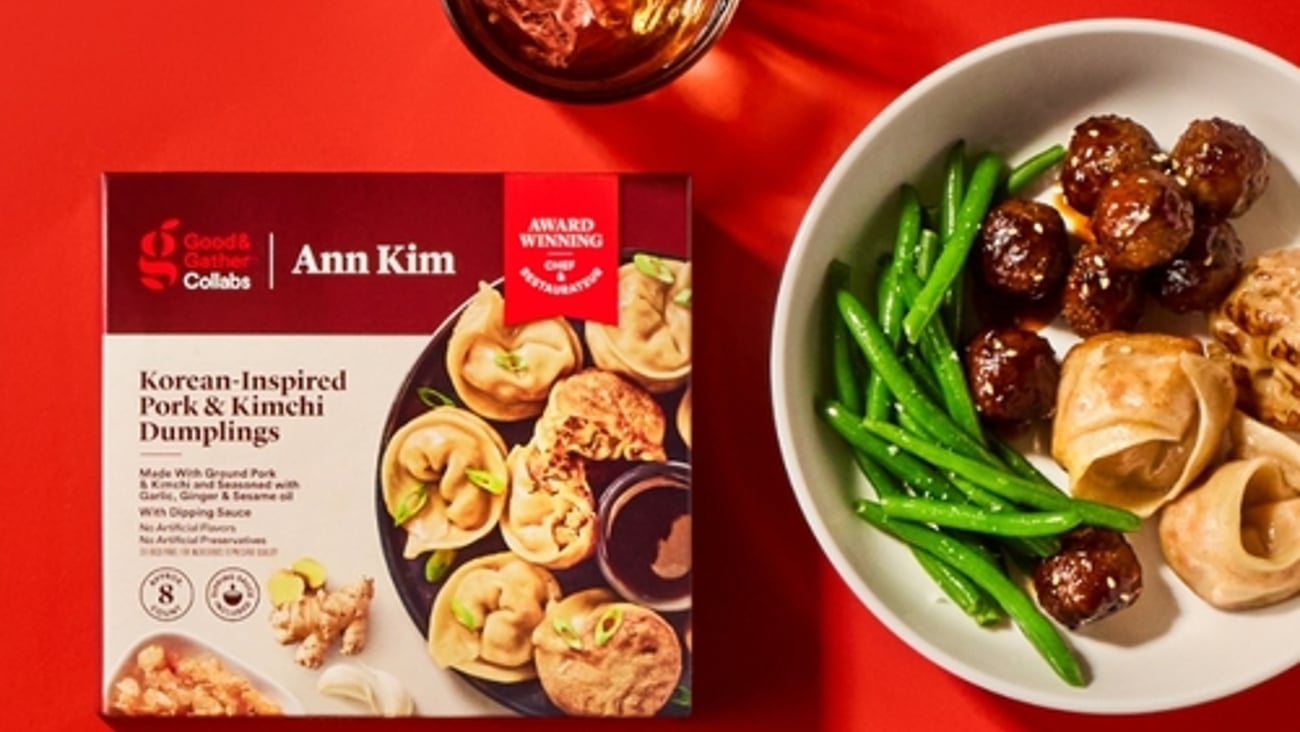At Thanksgiving, will consumers shun sugar?
Besides turkey, what Thanksgiving goodies will you be consuming Thursday? No doubt your menu will include some kind of sugary treat, from pumpkin pie to sweet potato bread pudding.
Or will it?
Maybe you are watching your sugar and artificial sweetener intake on Thanksgiving, considering the backlash that sugar and artificial sweeteners have been under the past several years for health reasons.
Just a few weeks ago, another report came out damning sugar. A report from Belgian scientists said they had discovered a positive correlation between sugar and cancer. Calling it a “crucial breakthrough in cancer research,” the scientists clarified how the Warburg effect, a phenomenon in which cancer cells rapidly break down sugars, stimulates tumor growth. The researchers contend that sugar “awakens cancer cells.”
Regarding artificial sweeteners, which about one-third of Americans use on a daily basis, the Harvard Medical School recently reported that aspartame, sucralose and other artificial sweeteners, which are all added to soda, yogurt and other foods, do not help people lose weight and may have the opposite effect, and even possibly increase the risk of high blood pressure, diabetes and heart disease.
OK, we have heard similar reports about the evils of sugar and artificial sweeteners before. But you can’t sugarcoat it: More Americans are forsaking sugar and artificial sweeteners and demanding natural sweeteners.
According to a recent report from market research organization Nielsen, 22 percent of Americans are restricting their sugar intake while 52 percent are trying to avoid artificial sweeteners.
“We are seeing a shift occurring at a very high-level in the consumer mindset from sugar to identifying cleaner products,” says Andrew Mandzy, director of strategic health and wellness insights for Nielsen.
So what does all of this mean for private-branded products that contain sugar and artificial sweeteners? While it’s definitely a challenge that involves costly product reformulations, it could also spell opportunity.
“If you listen to retailers, [they are] talking about health, wellness and transparency as a strategic growth initiative,” Mandzy says. “And one way they are [growing] is through their private brands.”
Phil Coggins, director of commercial sales for Naples, Fla.-based Pyure Brands, which offers organic, calorie-free, GMO-free and sugar-free sweeteners with no artificial chemicals in bulk to private brand food and beverage manufacturers, says store brands remain a very popular target for sugar reduction.
“There are countless house brands within retail markets that need to adapt to shifting consumer demands,” he adds, noting that Pyure is working with several private brand manufacturers that utilize its sweeteners in children’s juice products, mid-calorie beverages, soda and other products. “Often times, it is the private label brands that tend to lead the way in sugar reduction and innovation. Large brands sometimes tend to be reactive, especially when they begin to lose market share to a private label brand or a new and innovative competitor.”
But as Coggins says, “The challenge is giving consumers reduced sugars without chemical sugar substitutes.”
While it will cost manufacturers and retailers to reformulate products and create new ones, there is also opportunity for what Coggins calls “perpetual product innovation.”
He notes that 18- to 34-year-olds are more conscious than ever about what they eat and drink and have better access to information about what they consume than any time in history. Older consumers are also cognizant of the dangers surrounding added sugars, and are actively seeking alternatives to old standards like soda and sugary teas.
“It has truly become an ‘adapt or die’ situation, and we are seeing this across all applications from dairy to soda to mid-calorie products everywhere,” Coggins says.





